
Isolated from Russia and marked by an economic crisis, Transnistria is forced to accept measures from Chisinau that it would have otherwise ignored. Tiraspol clings to an aggressive rhetoric, but doesn't really have many options at hand.

The Republic of Moldova remains the target of Moscow’s active measures. Certain pro-Russian politicians in Chișinău with good chances of securing high office are being counselled by the FSB.
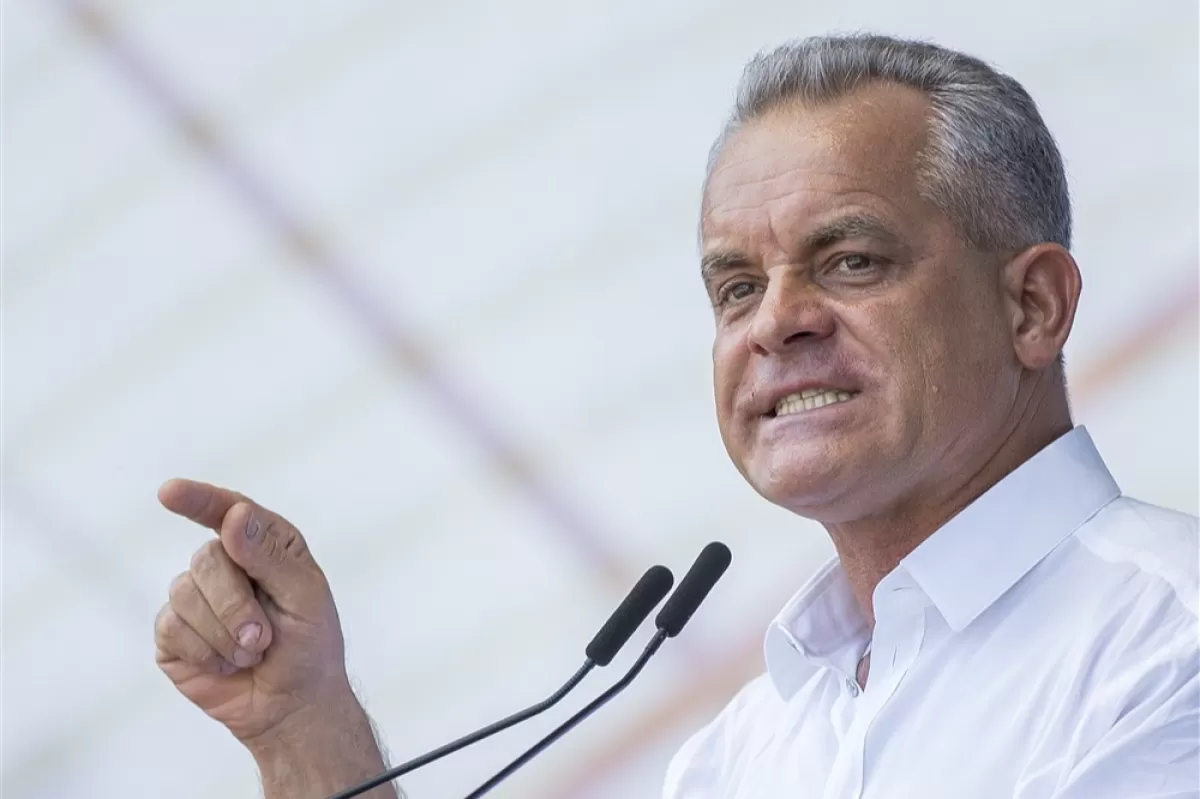
When it came to power, the pro-European government promised to reform the judiciary and bring to justice the oligarchs who embezzled state funds and are now hiding abroad. Vladimir Plahotniuc, Ilan Shor and fugitives from “the London group” seem to continue to enjoy protection from the system they helped build and are supporting efforts to oust the current pro-European administration. On the other hand, the authorities also rely on the support of the country’s Western partners, who seem to have understood that oligarchs are pressing for closer relations with the Russian Federation.

The political parties in Romania have not been able to outline a program or a strategy to do politics in the Republic of Moldova, but they are interested in the votes they could get from there, as, according to estimates, some one million Moldovan citizens are also Romanian citizens in documents, and that makes a significant electoral pool. Four parliamentary parties from Bucharest are currently fighting for the votes of the Bessarabians: PSD (Social Democratic Party) PNL (National Liberal Party), USR (Save Romania Union) and AUR (Alliance for the Union of Romanians). Veridica wanted to find out how these parties are positioned before the 2023 local elections in the Republic of Moldova, but especially in the run-up to the 2024 parliamentary and presidential elections in Romania.
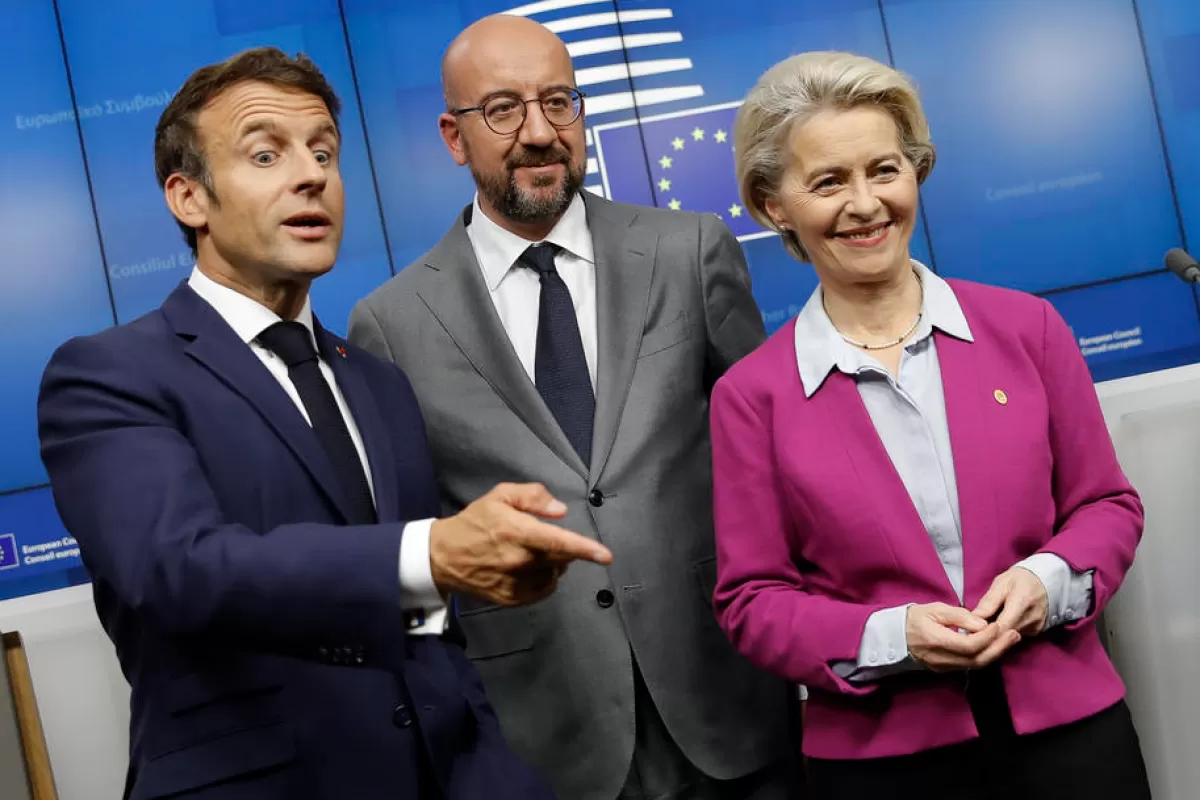
French President Emmanuel Macron's project for a “European Political Community” is back in the spotlight after months of not much talk about it. It is known that the project also targets partner states outside the EU, but it is not at all clear what it means for the countries that want to join the EU; there are fears that, through the formation of the Community, accession could be postponed indefinitely, that the executive in Brussels will support the French proposal.
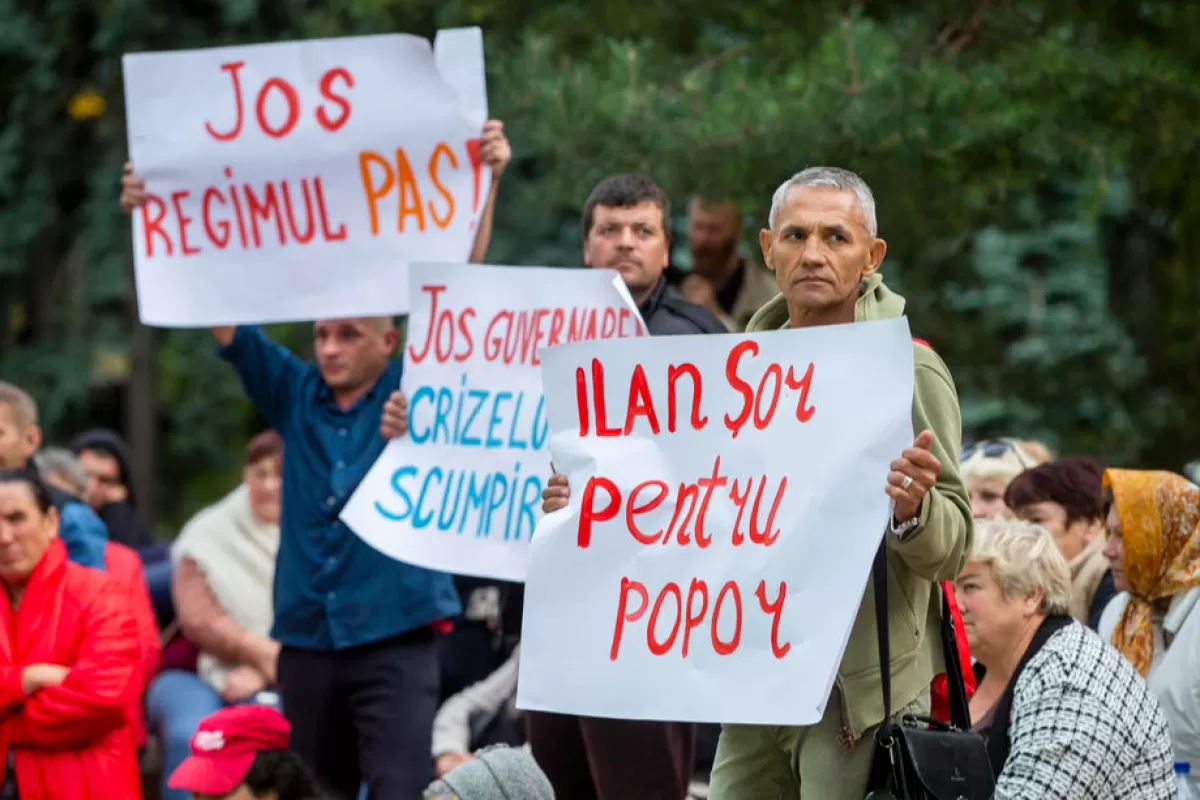
The internal stability of the Republic of Moldova is threatened by pro-Russian politicians who are trying to stir the pot by capitalizing on the numerous crises facing this country. The most vocal of them are politicians who’ve had run-ins with the law, such as Ilan Shor, the mastermind behind the “billion-dollar theft”, as well as former Socialist leader Igor Dodon, indicted on five distinct charges. Aware of their schemes, Moscow uses energy exports as blackmail.

The Republic of Moldova has increasingly distanced itself from Russia since the pro-European forces came to power in Chisinau following the early parliamentary elections of July 2021. The new government has taken a series of measures to reduce Moscow's influence and the dependence on it and sought, at the same time, to get in line, as much as possible, with the Western stands.
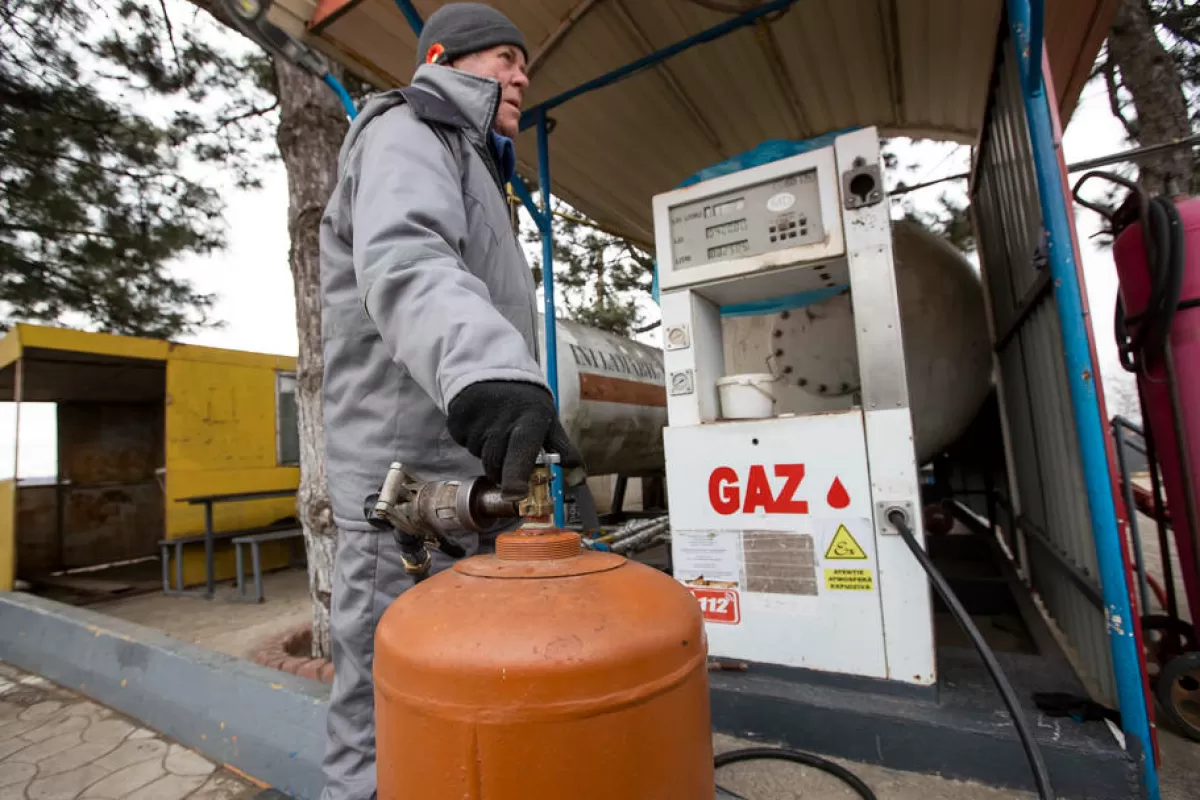
The Republic of Moldova could face a number of serious challenges this autumn, given that Russia wants to bring this country back into its orbit. At domestic level, Moscow is expected to use any leverage it has in the separatist region of Transnistria and in Găgăuzia. Adding to these pressure points will be the country’s energy concerns.

Uncertainty linked to the official language of the Republic of Moldova, 31 years after this country proclaimed its independence, reflects just how hard defining and accepting a national identity has been. The country’s inability to settle linguistic disputes and break away from “Moldovenism”, a Soviet construct, is one of Chișinău’s many failures: after 31 years of independence, the country is still unable to fully control its territory and to ensure its energy and military security.

Sharing a 1000-kilometer long border with Ukraine, the Republic of Moldova has been affected by the war started by Russia on February 24 too. Veridica has spoken with several analysts in Chisinau to learn more about the main problems facing the Republic of Moldova, a state that is simultaneously facing an economic and an energy crisis, while at the same time trying to deal with a significant number of Ukrainian refugees.
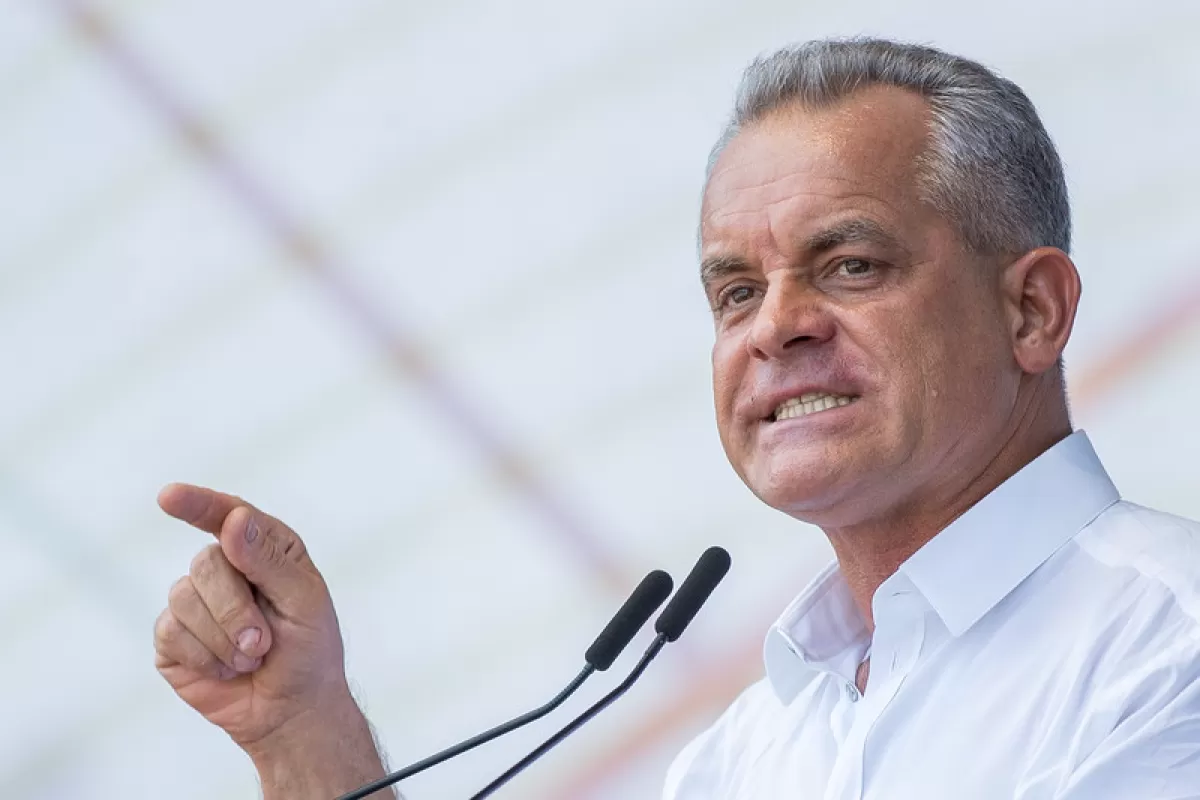
The European track of the Republic of Moldova involves a break with its recent past, when the country was virtually at the mercy of highly influential oligarchs, who used their political leverage and media influence to create a genuine kleptocracy. One solution would be to apply the model employed by Ukraine, a country that passed a anti-oligarchic law.

Natalia Gavriliță’s Cabinet, supported by the majority made up of Action and Solidarity Party (PAS) MPs, has in the last year constantly navigated a number of unprecedented crises, a record-high inflation of some 32%, but it also grabbed the biggest victory since 1991 - obtaining EU candidate status.
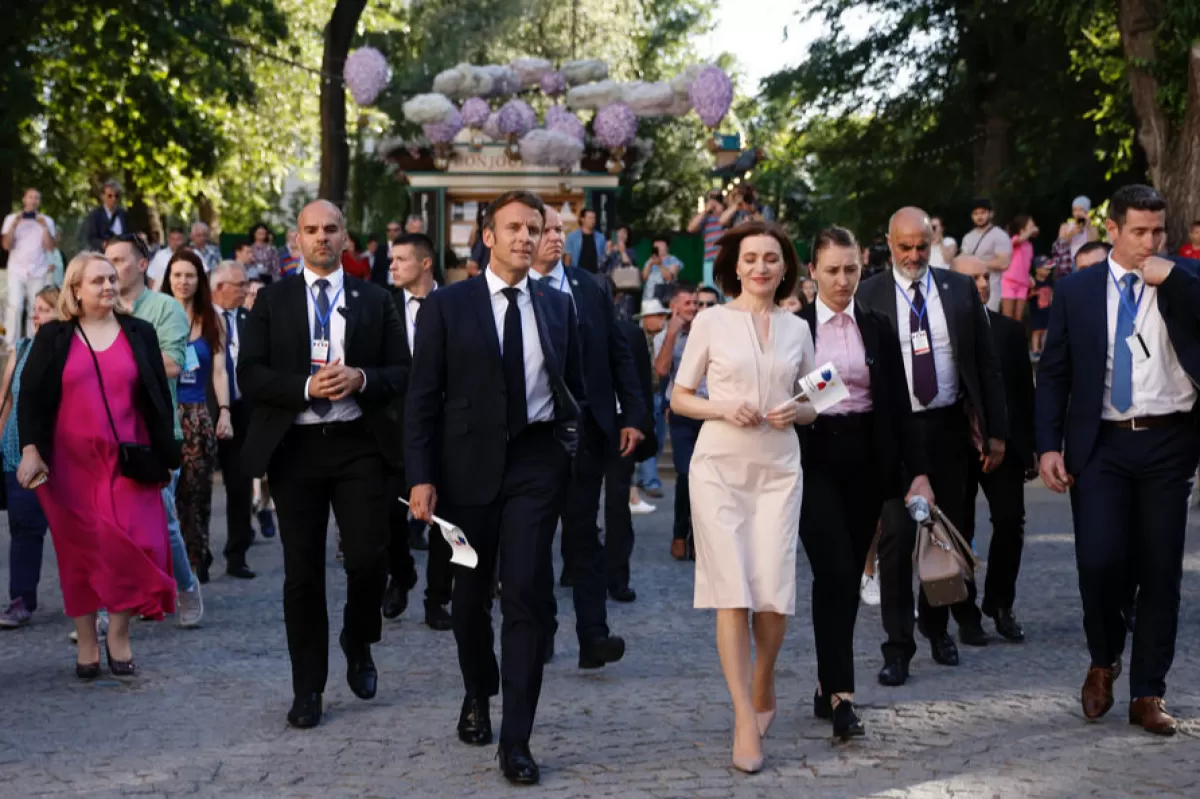
The security context and the political will in Chisinau were the main valid arguments used by Romanian diplomacy in supporting the Republic of Moldova on its European path. The Republic of Moldova managed, in less than four months, from March 3rd till June 23rd, to shift from the status of country that officially applied for EU membership to that of candidate country. By comparison, the Western Balkan states received a clear European perspective from Brussels 19 years after the EU Thessaloniki Summit in 2003.

The regional context of the Russian invasion of Ukraine has inevitably led to a change in NATO's Strategic Concept. Accents have changed, and Russia has turned from a strategic partner of NATO into a “direct threat” to the security of the member states of the Alliance, as well as to some of their neighbors, including the Republic of Moldova.
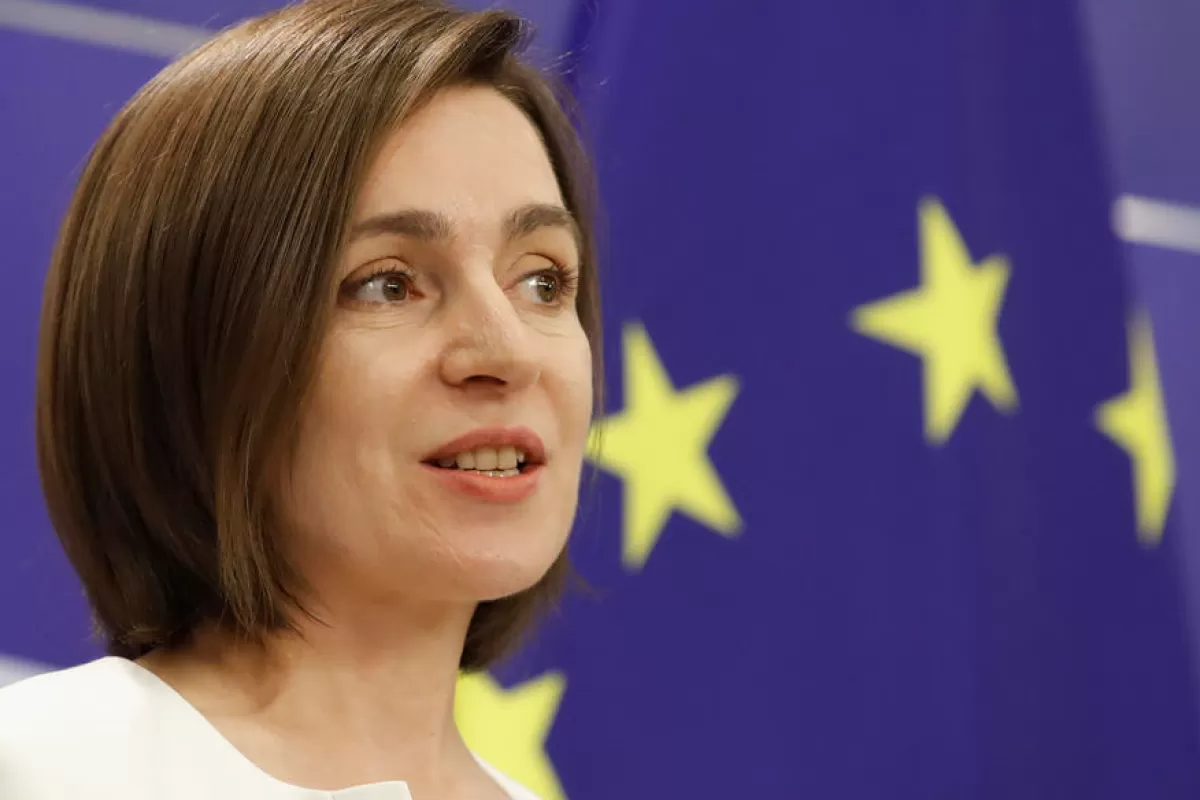
Last week’s announcement that the Republic of Moldova had received the status of EU candidate country is going to be a game changer for Chisinau, but it will also bring new challenges.
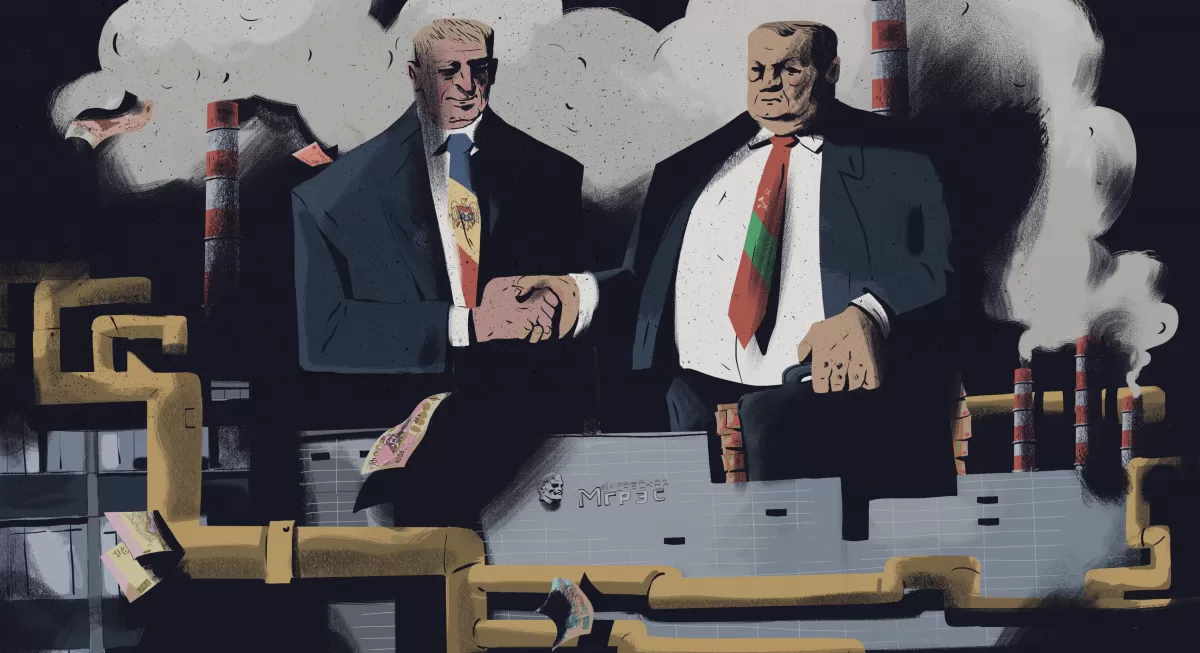
Russia owns the most important strategic gas and electricity supply facilities in the Republic of Moldova and uses them skillfully to put not only economic but also political pressure on Chisinau’s key decisions. The scheme devised by Moscow supports the separatist regime in Tiraspol and offers the Kremlin an instrument to pressure Chisinau for the debts accumulated by Transnistria.

The war in Ukraine has brought to the fore the poor state of the Moldovan army, which remains underequipped after being neglected by the authorities in the last three decades. Yet the commonplace view in Chișinău right now is that the army should at least fend off an aggression coming from Transnistria. Russia and its mouthpieces, on the other hand, continue to absurdly claim that Moldova modernizing its army would be tantamount to breaching its neutrality.

The appointment of the new head of the Intelligence and Security Service of the Republic of Moldova (SIS), Alexandru Musteață, on June 2, is a genuine test for the government in Chișinău, an opportunity to prove its commitment to implement reforms in the field of defense and national security.
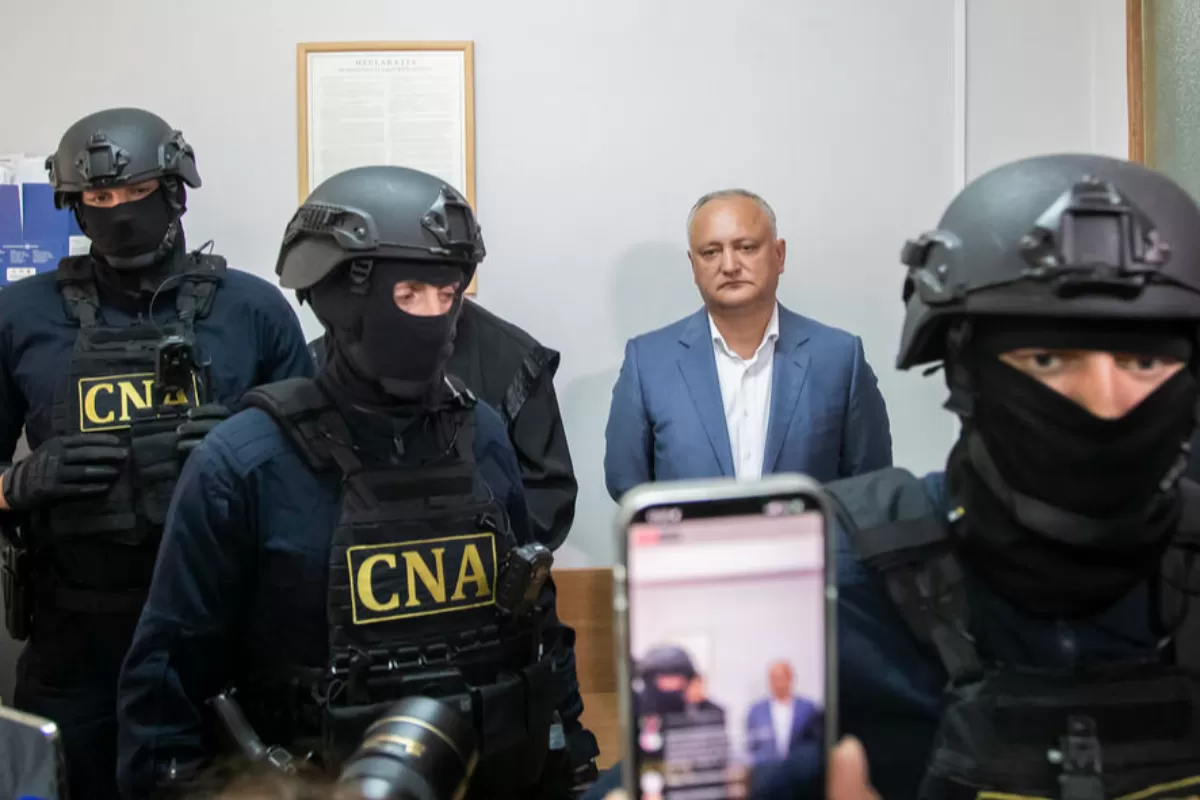
Igor Dodon is undoubtedly the product of the profiteering political class of the Republic of Moldova. Tutored by the former Communist President Vladimir Voronin and the fugitive oligarch Vladimir Plahotniuc, Dodon has been described as a prototype of the duality of the Moldovan politician, interested only in making lots of money and capable of any kind of internal or external political betrayal. Detained for corruption and treason, Dodon is now complaining that he is the victim of political persecution.
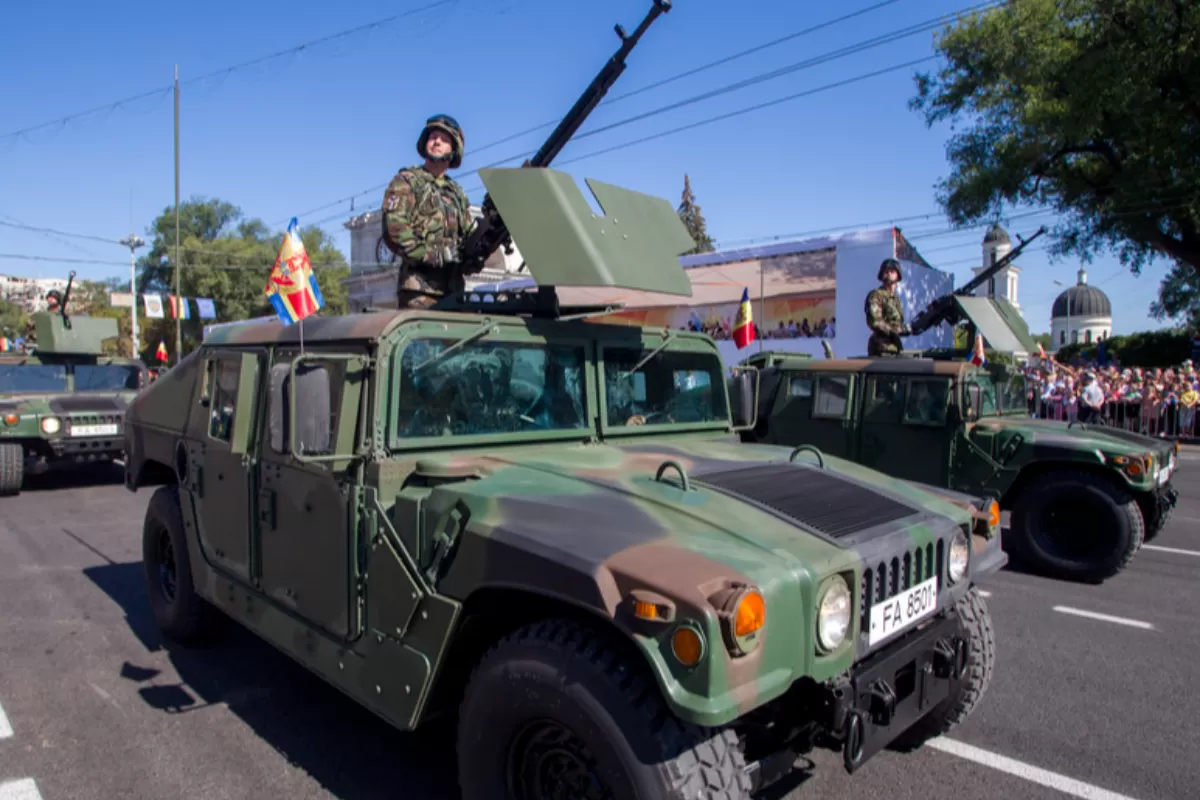
The war in Ukraine has sparked a great of deal of concern in the Republic of Moldova, where the people have seen just how vulnerable the country is in case of a Russian attack. Neglected for years due to underfunding, incompetence or for the sake of “neutrality”, the army seems underprepared to efficiently defend the country. The West is trying to lend a helping hand and has promised to deliver military equipment.

The war in Ukraine is affecting the economy of the Republic of Moldova, which is already the poorest country in Europe. Tens of thousands of refugees are currently on Moldovan soil, the markets in Russia and Ukraine are much harder to access, imports from those countries are suffering, and all this is compounded by rising global prices and energy dependence on Russia. However, Chisinau could also benefit from the crisis, by accelerating its accession to the European Union.

May 9 was a much anticipated event in Chișinău: a recent law forbids the public display of symbols associated with the Russian army and the invasion of Ukraine – the ribbon of Saint George and the letters Z and V. Previously, pro-Russians had announced they would ignore the law. Fears were running high that public unrest might break out. That wasn’t the case, and the demonstration actually resembled a display of communist nostalgia rather than an act of solidarity with Russia.
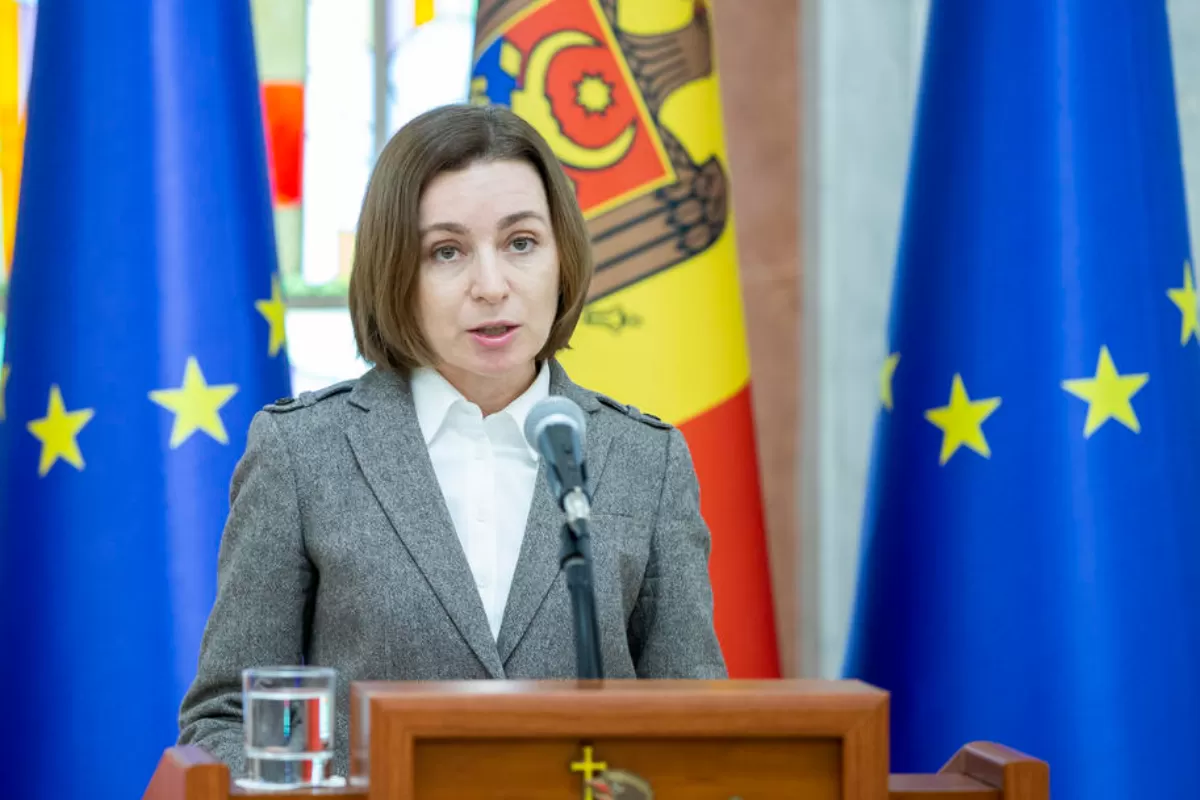
As May 9 draws closer, the day when Russia and other ex-Soviet countries celebrate the victory against Nazi Germany, the number of incidents impacting Moldova’s weak spots increases. In Găgăuzia or Bălți, there are voices calling for breaching the law banning the symbols associated with the Russian invasion of Ukraine. Several unclaimed “attacks” have taken place in Transnistria.

The Republic of Moldova is intensifying its efforts to combat Russian propaganda. The Chisinau Parliament adopted, in first reading, a series of normative acts which, on the one hand, ban symbols associated with the Russian army and the invasion of Ukraine, and on the other hand, provide the state institutions with new tools to stop propaganda in the audio-visual media and online environment.
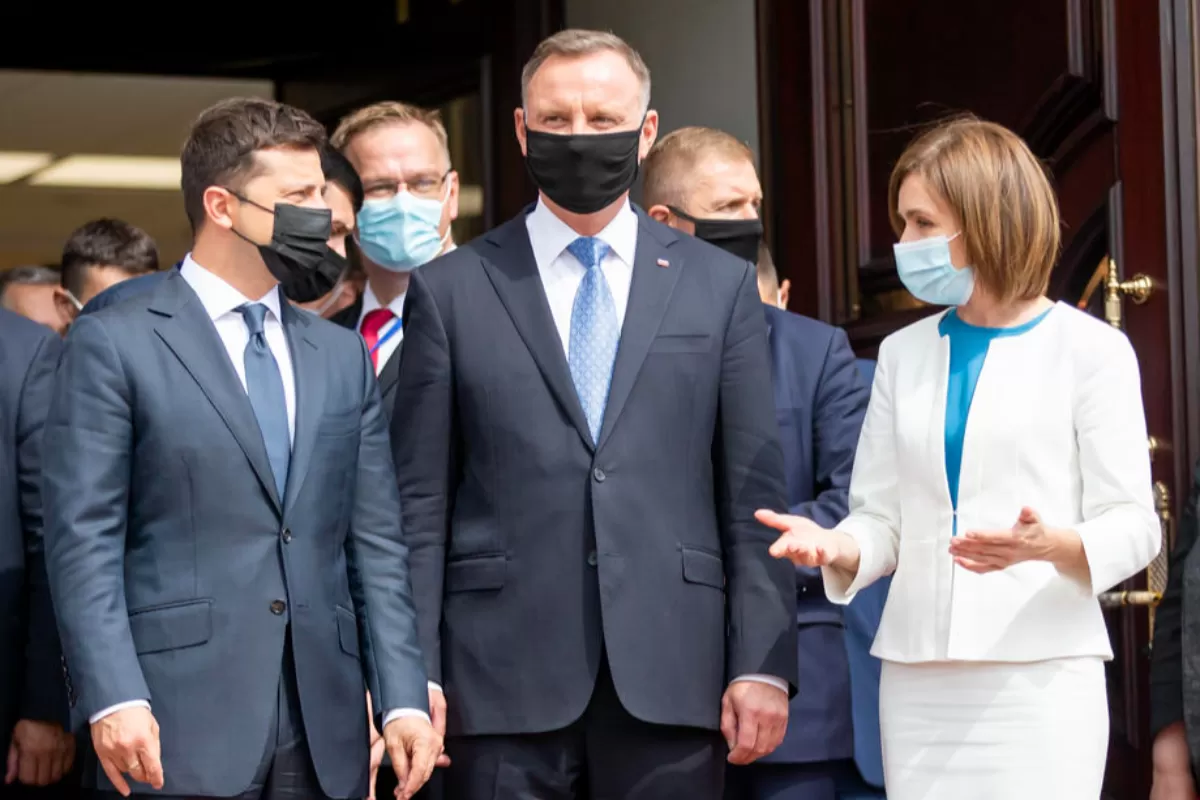
In recent weeks, the Republic of Moldova has seen increasing pressure from Ukraine. Kyiv is persistently calling on Chișinău to take measures in order to rally itself to the international sanctions imposed on Russia. Such a move would be however irrelevant in economic terms, and wouldn’t represent such a strong signal not even at political level. Instead, it could cause bigger troubles for the pro-European government,

Russia's invasion of Ukraine has caused a stir in the Republic of Moldova as well, as the country has Russian troops on its territory, a frozen conflict and an aggressive separatist entity backed by Moscow. The scenario of an invasion is increasingly less likely, given the difficulties the Russian troops have encountered in Ukraine, which does not mean though that the risk of some of the challenges escalating is not there.

The Republic of Moldova has always been one of the easiest targets for the Russian propangada, which keeps working even if, against the background of the war in Ukraine, the Chisinau government has taken measures to contain and combat it. The narratives promoted in Moldova by Russia or pro-Russia entities and politicians are mainly about the war and seek to either present the Russian version of the war, or to discredit Ukraine and its citizens.

A neighbor of Ukraine, the Republic of Moldova is directly interested in the way the war in Ukraine is unfolding, for both military and humanitarian reasons.

The Kremlin wants to strengthen its de facto power in Moldova’s separatist region of Transnistria by speeding up the procedure for granting Russian citizenship to residents of the region who have not acquired it yet. And while at it, Moscow is completely ignoring Chisinau.
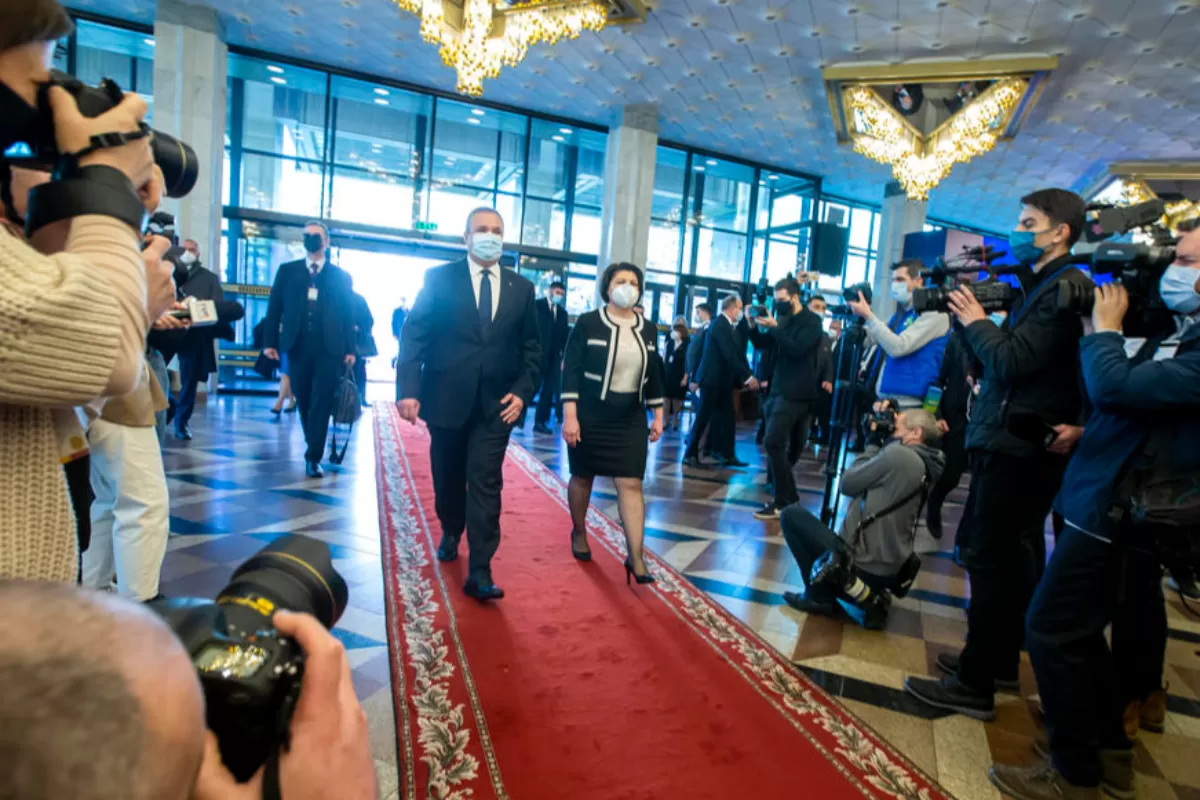
Bucharest has understood in the last decade that investments in the sentimental part of the relationship with the Republic of Moldova should be replaced by concrete and long-term support.

The pro-European government in Chisinau has pledged to fight corruption and reform the judiciary. Both are difficult processes and it remains to be seen how far they will go or whether they will rather opt for the more convenient “televised justice”, showing spectacular cases, meant to increase ratings and, implicitly, bring more votes.

The government of the Republic of Moldova has repeatedly taken political and economic actions in order to ensure the survival of the separatist regime in Transnistria. Chișinău has become an advocate of this regime rather than a sovereign state that should encapsulate and reintegrate a rebel territory.